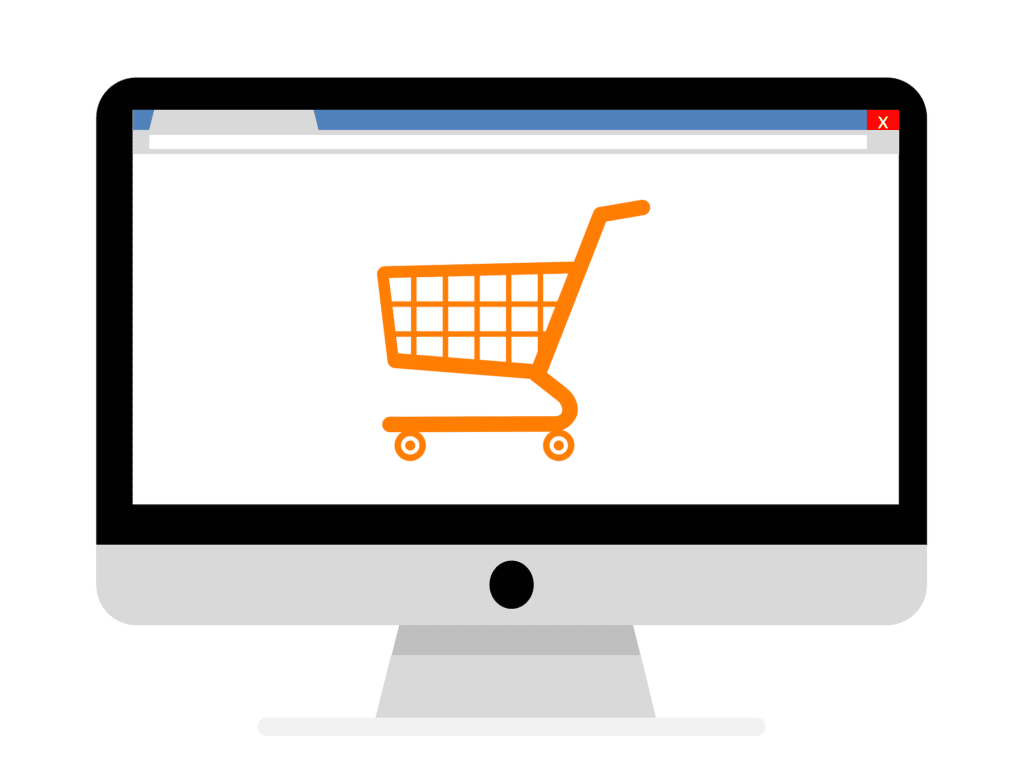The (hidden) potential of online marketplaces
Although online shops remain an important building block in e-commerce strategies, they are increasingly overshadowed by marketplaces in terms of sales. The consequences of the pandemic are reinforcing the trend, as more companies are now showing a presence there, thus increasing the attractive range for customers.
With the help of industry representatives and exhibitors such as Amazon, ebay, Samsung, HomeTiger, Allegro, gominga and Kaufland Global Marketplace, the E -Commerce Expo Berlin (EBE) and GFM Nachrichten took a closer look at where the online marketplaces are heading and for which ones developments one should be prepared for in the coming years.
The numbers speak for themselves: in 2021, with a gross turnover of 50.5 billion euros, more than every second e-commerce euro in Germany was spent on marketplaces (source: bevh). This means that sales have increased significantly compared to 2020 (EUR 42.1 billion). EHI and Statista came up with even higher values in their study “E-Commerce Market Germany 2021”, as they calculated the gross goods volume in 2020 for theAmazon Marketplace estimated at 35.4 billion euros. eBay ( 11.8 billion euros) and Otto (5.5 billion euros) followed.
Kick-off for the customer journey
The extensive portfolio of such generalists, the increasing convenience thanks to more standardized logistics and other aspects are now enticing more and more customers to start their customer journey there when they are looking for specific products – in order to then often buy them directly on the respective platform. Retailers must therefore extend their marketing and customer service efforts much more to marketplaces if they do not want to miss out on potential new customers and want to keep their existing customers. Advanced marketplaces are concentrated, according to Miro Morczinek, the founder of HomeTiger (active in Germany as moebel24.de) therefore not only on the entire purchasing process, but also on the product and brand presentation. They allow sellers to showcase their offering in multiple media, supported by live streams, meaningful reviews, mobile-first experience and branding tiers. From a certain number of customers and platforms, however, as a seller you should work with professional service providers in order not to lose track and to maintain the professional image.
For example, review management opens up completely new options on marketplaces, since it does not provide authentic insights into the customer perspective and facilitates dialogue with buyers, but is also extremely interesting for other areas. “The systematic evaluation of the reviews brought product management and marketing closer to the customers,” explains Marcus Nessler, Head of Customer Experience at Samsung. The company relies on the gominga Review Manager, which, in addition to marketplaces, can also focus on the increasing number of other touchpoints.
Despite all modern possibilities, the basis must of course be right – after all, a bad offer cannot be saved in the long term, even by the best PR. For Arnaud Gueutal Valion, Head of Central Europe Advertising GTM at eBay , adhering to the sales standards is therefore the most important prerequisite for selling well on the marketplace: “This includes reasonable shipping costs, friendly communication, correct item descriptions, good prices, etc. Just as important Of course, it is also important that all offers are of very good quality, ie they require high-quality photos, a meaningful title and a good article description.”
Own marketplaces as an opportunity
Despite a presence on the large marketplaces, which is also necessary, it is occasionally worthwhile even for smaller retailers to open a marketplace themselves. This is especially true if they cater to a specific niche where other products may also be in demand. A specialist supplier of charcoal may tempt you with the right grills, spices or cookbooks without having to keep them in stock yourself. Here one can certainly orientate oneself to an industry giant such as the beauty retailer Douglas, which also offers products from smaller brands on its marketplace that Douglas would never have bought directly. In addition, the EBE exhibitor supplements its usual standard range with thematically appropriate offers from the areas of jewellery.
International expansion in focus
In order not to ignore interesting sources of revenue, retailers should – if possible – not just get stuck on the national level. According to a study by Juniper Research, sales in cross-border e-commerce will increase from the current $1.9 trillion to $2.1 trillion in 2023. International marketplaces help to reduce the complexity of sales in other countries and to offer local customers a localized service. You don’t have to limit yourself to eBay or Amazon: Kaufland , for example, is launching from 2023 its Kaufland Global Marketplace, through which not only German, but also Czech and Slovakian consumers can be reached in a first step. The popular Polish online marketplace Allegro has also recently positioned itself more internationally. The company is now enabling merchants to ship to 25 countries in Europe through its currently quadrilingual site (Polish, Czech, Ukrainian, English).
“Companies that sell on marketplaces need to ensure they stand out by taking full advantage of each marketplace’s unique capabilities, supporting a variety of content and data formats, and optimizing their sponsored media campaigns with marketplace-specific objectives,” summarizes HomeTiger founder and E-Commerce Berlin Expo spokesman Morczinek briefly summarize some of the most important aspects for successful marketplace trading. “If marketplace sales are a real priority, then sellers need to be selling on all available marketplaces in all relevant regions.”
At the upcoming E-Commerce Berlin Expo (February 23, 2023) you can find out what else needs to be considered and what individual services and conditions the individual marketplaces offer interested sellers from exhibitors, partners and speakers such as Allegro, Amazon, Douglas and MediaMarktSaturn.
Read the original published article here.
